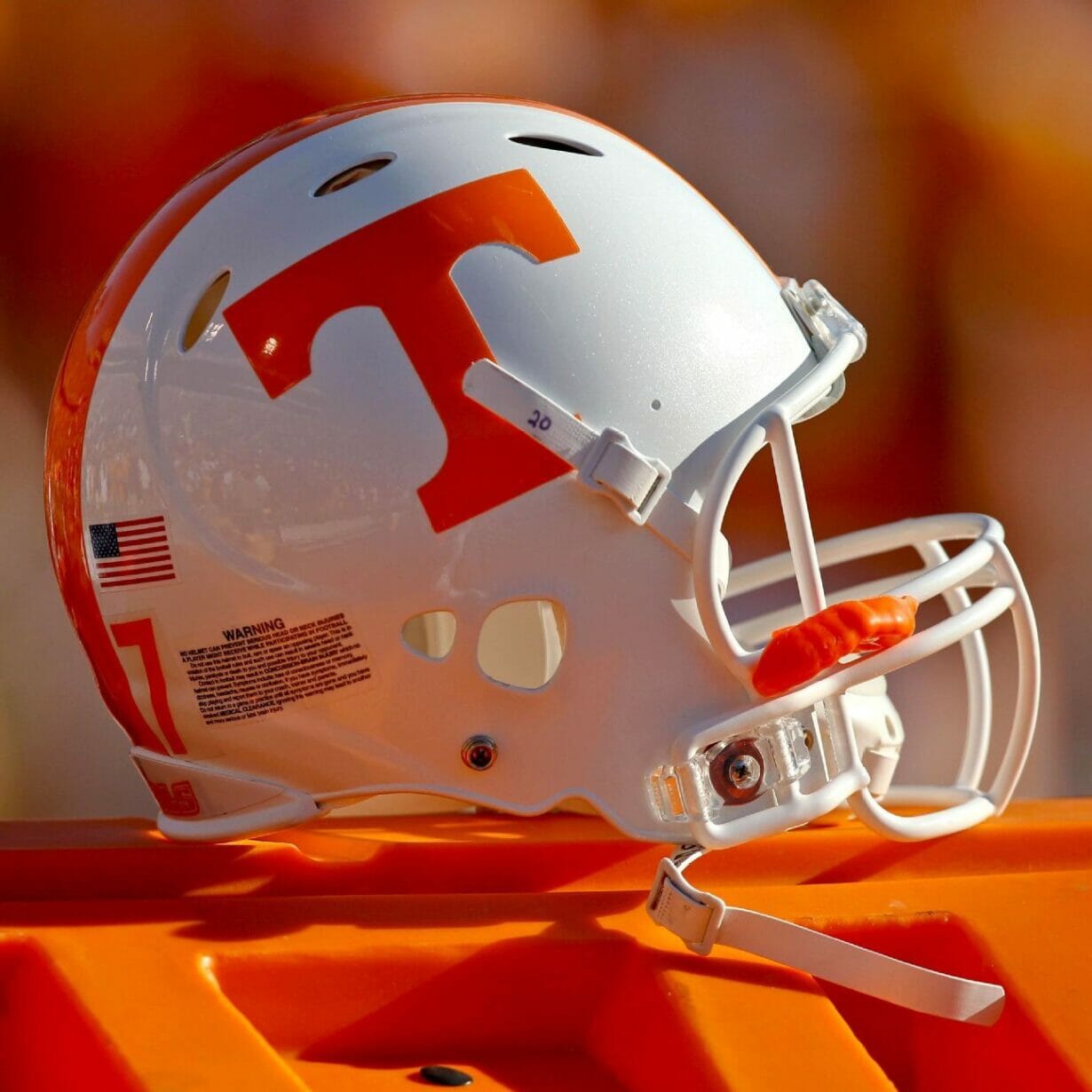
Four former Tennessee football staffers have received multiyear show-cause penalties for their roles in recruiting violations under agreements with the NCAA.
The NCAA on Tuesday said the four had reached agreements with the enforcement staff that include show-cause penalties ranging from three to five years, making it difficult for them to get other college jobs during that time.
The NCAA did not identify the former staffers who worked under former coach Jeremy Pruitt, but sources confirmed to ESPN that they are inside linebackers coach Brian Niedermeyer, outside linebackers coach Shelton Felton, director of player personnel Drew Hughes and student assistant Michael Magness.
The agreement has received preliminary approval from a committee on infractions panel. Tennessee and other individuals named in the case have contested either violations, certain penalties or both. In a statement after the negotiated resolutions for the four ex-staffers were announced, Tennessee cited its cooperation with the NCAA during its investigation.
“Through that process, the individuals acknowledged their involvement in violations, including unethical conduct and, in some cases, failing to cooperate with investigators,” the school said. “The university continues to pursue a resolution of its case that recognizes and demonstrates for other NCAA member institutions that the actions taken by the university during the investigation, including our swift corrective actions and exemplary cooperation, should be the standard for institutional inquiries into potential violations.”
The four will be able to begin serving their penalties immediately without having to wait for the final ruling from the Division I committee on infractions.
The NCAA notified Tennessee in July 2022 of 18 potential Level I violations, the most serious, for allegations of providing impermissible cash, gifts and benefits worth about $60,000 to football recruits and their families under Pruitt. The notice of allegations says at least a dozen members of Pruitt’s staff were involved in more than 200 individual violations over a two-year period.
Sources told ESPN’s Chris Low that university officials continue to have positive discussions with the NCAA about a negotiated resolution to the case, which would keep Tennessee from going before the Committee on Infractions. Tennessee has already self-imposed 12 scholarship reductions for the 2021-22 school year and four more scholarship cuts for the 2022-23 year.
The different parties in the case have been separated in what’s a new approach by the NCAA. The former assistants are able to begin serving their penalties, while Tennessee and Pruitt continue to contest their parts of the case.
Tennessee, in its response to the NCAA allegations in November, contended the “weight and accountability” in eight of the 18 violations “should rest overwhelmingly with the individuals and not the institution.”
The most serious of the 18 violations was failure to monitor the football program, and Tennessee argues that it’s not guilty of that charge, one of the factors that has delayed a resolution. Tennessee contends that Pruitt and his wife Casey concealed their breaking of NCAA rules despite the university’s efforts to follow NCAA rules and properly monitor the program.
The university fired Pruitt and nine others in January 2021 after Tennessee found what the university chancellor called “serious violations of NCAA rules” uncovered in an internal investigation. The firing negated Pruitt’s $12.6 million buyout after he went 16-19 in three seasons.
Pruitt, who has not coached in the college football ranks since being fired, contends that he did not have direct knowledge of violations committed by staff members and that they acted independently.
The show-cause penalties announced Tuesday stemmed from violations over several years and involved cash payments to recruits and their families, along with improper recruiting contacts during a dead period for COVID-19 and other inducements during unofficial visits.
Tennessee did not self-impose a postseason ban to avoid punishing current players.
The Associated Press contributed to this report.







